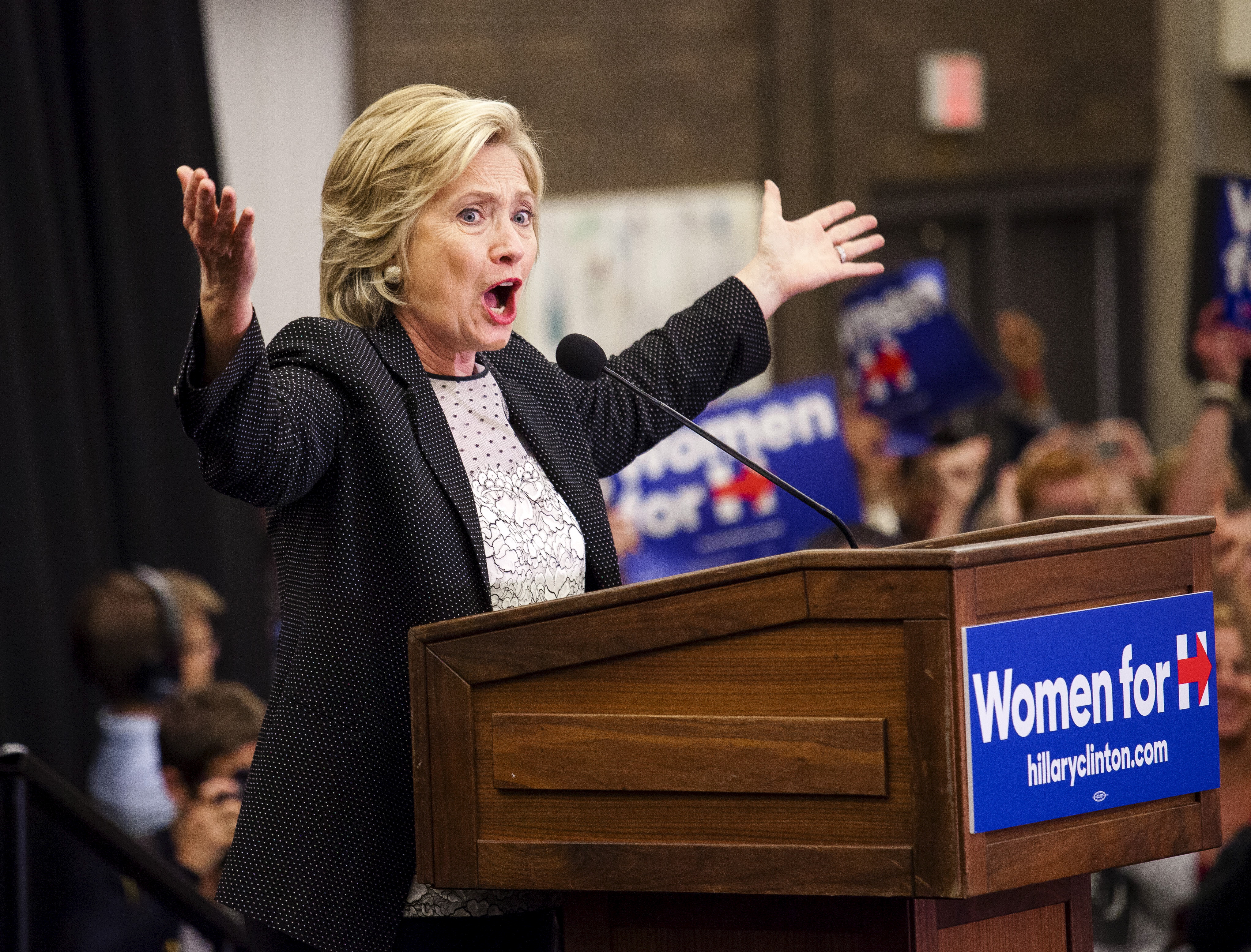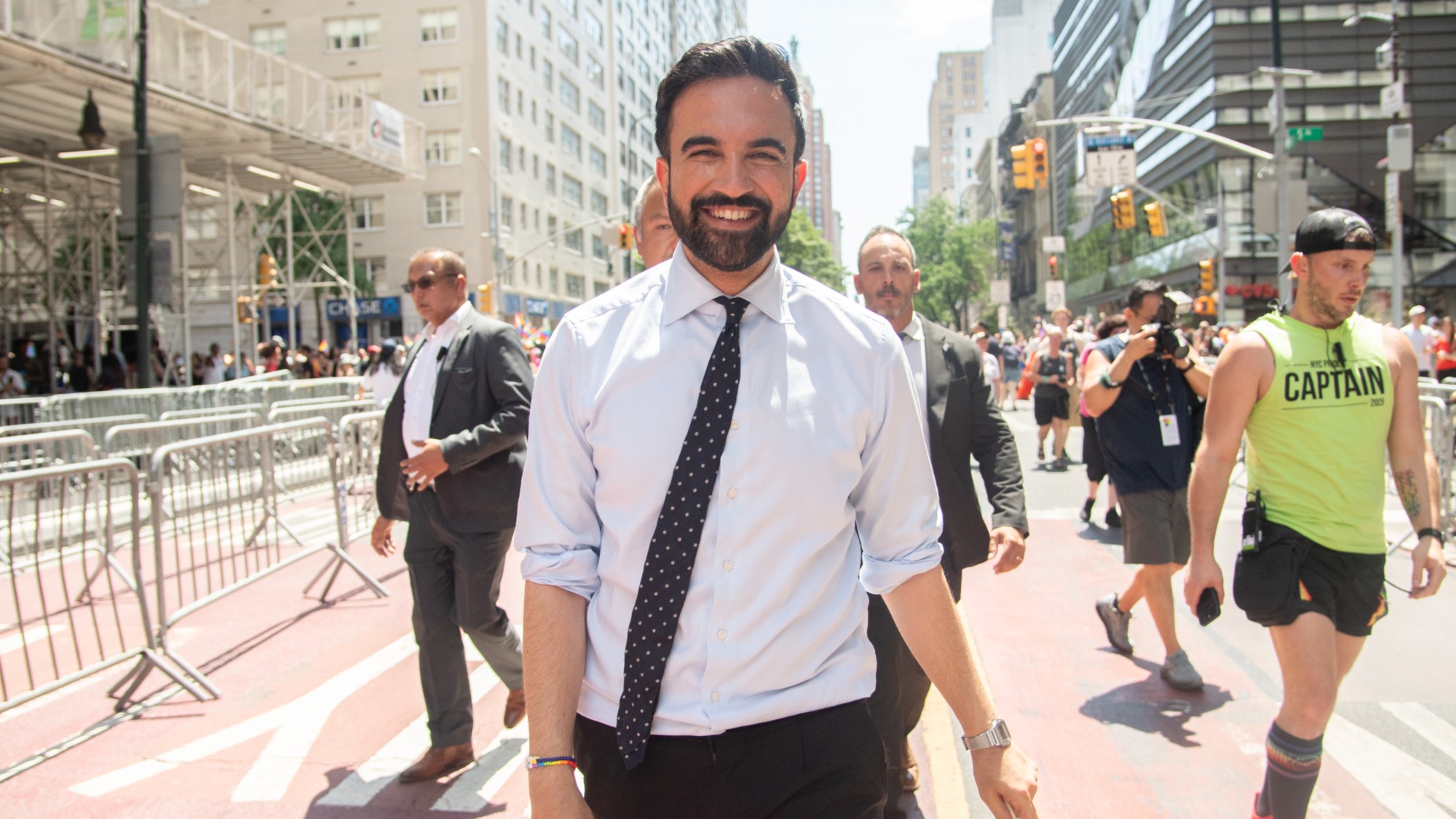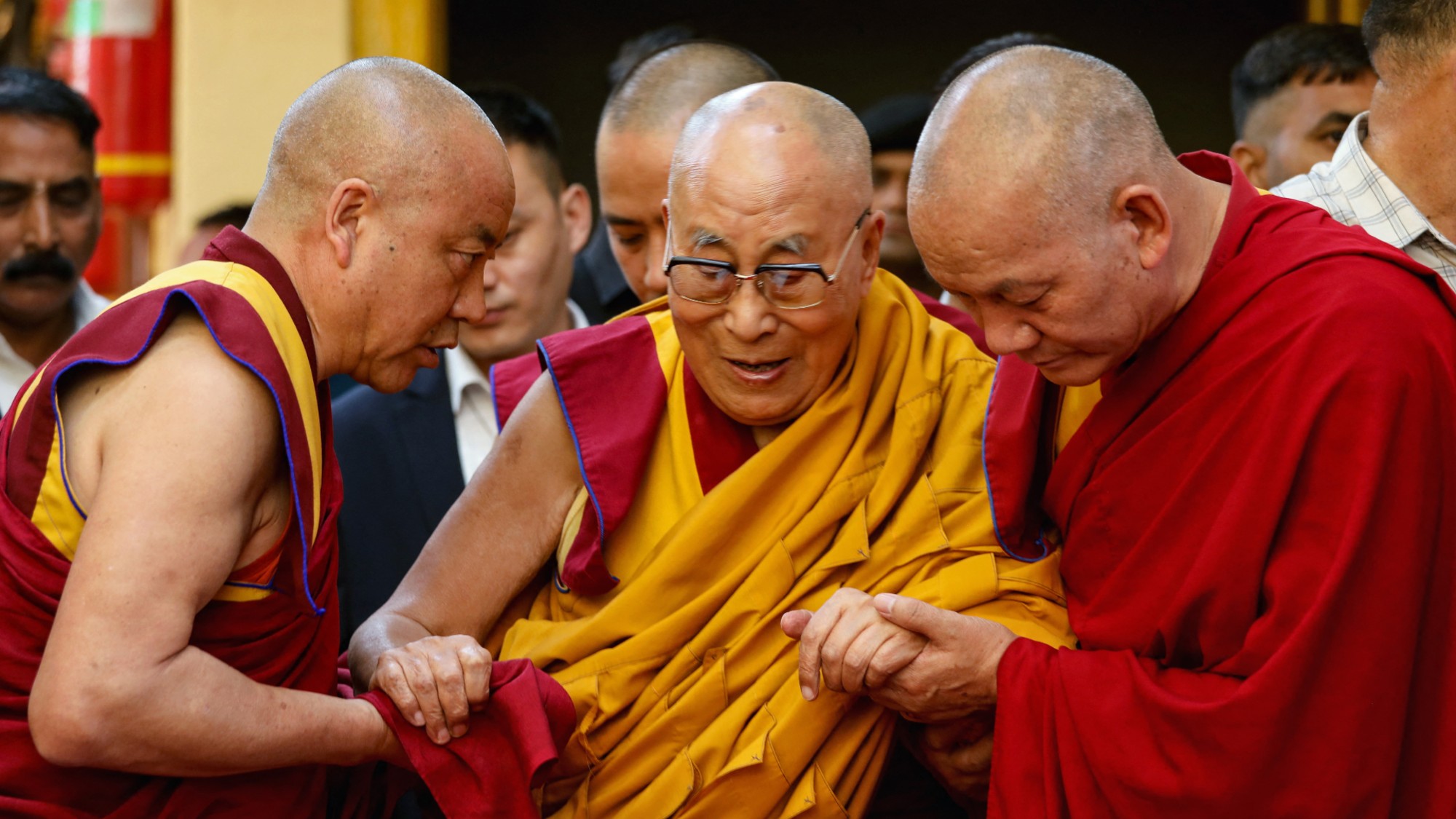Why are women abandoning Hillary Clinton?
Democratic women are fleeing the female frontrunner. Should she be worried?


When she ran for president in 2008, Hillary Clinton worked hard to overcome gender stereotypes and convince voters that she was tough enough to be commander in chief. Her most notable ad posited a crisis somewhere in the world at 3 a.m., with only Clinton possessed of the requisite strength to take the call and solve the problem. But this time around, Clinton is acting much differently, embracing the historic nature of her potential presidency ("I may not be the youngest candidate in this race," she said in her announcement speech, "but I will be the youngest woman president in the history of the United States!") and focusing intently on what we used to call "women's issues." She has already come out with policy plans or at least clear (and sometimes new) positions on issues like early childhood education, paid family leave, abortion rights, child care, and equal pay.
Yet a poll released Monday by The Washington Post and ABC News contained a shocking result: Clinton's support among Democratic women has fallen from 71 percent in July to only 42 percent now. It found little difference in the number of men and women backing her, which is remarkable. The Post's Karen Tumulty found plenty of women to quote saying that while they respected her, they're getting behind Bernie Sanders.
People often say that polls at this stage of a presidential race don't tell us anything, but that isn't quite true. They don't tell us much about what will happen in November 2016, but they can tell us what people are thinking and feeling right now. And if results like this hold up, Clinton has developed a problem with the voters she was counting on, not only in the primary but in the general election as well.
Subscribe to The Week
Escape your echo chamber. Get the facts behind the news, plus analysis from multiple perspectives.

Sign up for The Week's Free Newsletters
From our morning news briefing to a weekly Good News Newsletter, get the best of The Week delivered directly to your inbox.
From our morning news briefing to a weekly Good News Newsletter, get the best of The Week delivered directly to your inbox.
So what exactly is that problem? It can be hard to tell. There are certainly people disturbed by the email controversy, but like many Clinton scandals it sounds bad as long as you don't actually think too much about it, and just get swayed by the fact that it's being covered a lot so something terrible must have happened. Not too many voters are going to tell you that they're turning away from Clinton because of their deep and longstanding concern over the problem of sensitive diplomatic information passing through private email systems.
It may well be that many of the voters who have abandoned her hadn't thought about the presidential race much in the first place, and just said they were behind her because she was the only one running they had heard of. Now that Sanders is mounting a serious campaign they have another option, and the more liberal ones like what they hear from him. But it's hard to come up with any reason that Clinton should have turned off women in particular — more likely is that some of those who supported her did so reflexively and are now rethinking their choice.
If that's the case, most of them would in all likelihood be perfectly happy to vote for Clinton in the general election, and maybe even in the primaries when it comes down to it. There may be an analogy to how African-American voters looked at Barack Obama in 2008, where at first they were skeptical of his candidacy, but came around once it became clear he actually had a chance to win.
This analogy isn't a perfect one, since nobody doesn't think Clinton actually has a shot at winning. But it shows that even a voting group that eventually supports a candidate enthusiastically doesn't always start out so firmly in his or her corner.
If you want to toy with multiple options for your vote, this is certainly the time. But if she becomes the nominee, Clinton is going to count on a large gender gap to propel her to the White House. In 2012, Obama beat Mitt Romney by 13 points among women; he had beaten John McCain by 11 points among women, and John Kerry won women by 3 points while losing the election in 2004. If Clinton were the Democratic nominee but didn't do better among women than Obama had, it would be stunning.
So stunning, in fact, that it's hard to imagine. Once we're in a general election, two things will happen.
The first is that Clinton's opponent will be the representative of the Republican Party. Unless Carly Fiorina pulls off a miracle, that representative will be male. More importantly, he'll be anti-abortion, in favor of defunding Planned Parenthood, opposed to insurance coverage for contraception, and opposed to paid family and sick leave — in other words, the "war on women" argument will be a piece of cake to make against him, even if he personally never says anything about "legitimate rape" or some such. Women voters won't be choosing between Clinton and a man who shares pretty much all her positions on issues, but between her and a man who comes from a profoundly different ideological place.
The second thing that will happen is that the prospect of the first woman president will become tangible and immediate, in a way it isn't today. Despite whatever problems she's having now, that prospect will play a large part in how we discuss and think about the campaign next fall. Given that opportunity to make history, it's hard to believe that millions of women wouldn't line up to be a part of it.
There's no question that Hillary Clinton is in a rut. But don't be surprised when she pulls herself out of it — and does it because her support among women starts climbing back up.
A free daily email with the biggest news stories of the day – and the best features from TheWeek.com
Paul Waldman is a senior writer with The American Prospect magazine and a blogger for The Washington Post. His writing has appeared in dozens of newspapers, magazines, and web sites, and he is the author or co-author of four books on media and politics.
-
 Zohran Mamdani: the young progressive likely to be New York City's next mayor
Zohran Mamdani: the young progressive likely to be New York City's next mayorIn The Spotlight The policies and experience that led to his meteoric rise
-
 The best film reboots of all time
The best film reboots of all timeThe Week Recommends Creativity and imagination are often required to breathe fresh life into old material
-
 'More must be done'
'More must be done'Instant Opinion Opinion, comment and editorials of the day
-
 The last words and final moments of 40 presidents
The last words and final moments of 40 presidentsThe Explainer Some are eloquent quotes worthy of the holders of the highest office in the nation, and others... aren't
-
 The JFK files: the truth at last?
The JFK files: the truth at last?In The Spotlight More than 64,000 previously classified documents relating the 1963 assassination of John F. Kennedy have been released by the Trump administration
-
 'Seriously, not literally': how should the world take Donald Trump?
'Seriously, not literally': how should the world take Donald Trump?Today's big question White House rhetoric and reality look likely to become increasingly blurred
-
 Will Trump's 'madman' strategy pay off?
Will Trump's 'madman' strategy pay off?Today's Big Question Incoming US president likes to seem unpredictable but, this time round, world leaders could be wise to his playbook
-
 Democrats vs. Republicans: who are the billionaires backing?
Democrats vs. Republicans: who are the billionaires backing?The Explainer Younger tech titans join 'boys' club throwing money and support' behind President Trump, while older plutocrats quietly rebuke new administration
-
 US election: where things stand with one week to go
US election: where things stand with one week to goThe Explainer Harris' lead in the polls has been narrowing in Trump's favour, but her campaign remains 'cautiously optimistic'
-
 Is Trump okay?
Is Trump okay?Today's Big Question Former president's mental fitness and alleged cognitive decline firmly back in the spotlight after 'bizarre' town hall event
-
 The life and times of Kamala Harris
The life and times of Kamala HarrisThe Explainer The vice-president is narrowly leading the race to become the next US president. How did she get to where she is now?
